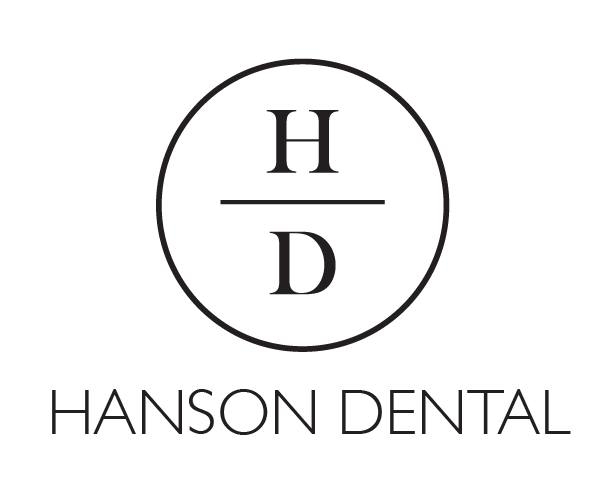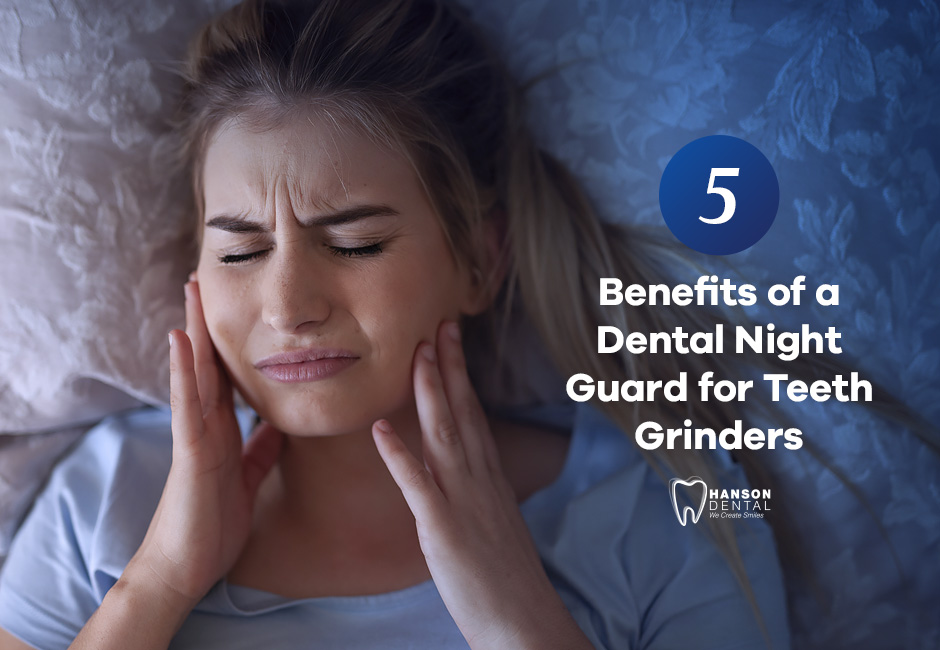A mouth guard is a device created to protect your teeth when you grind them against another object. A dental night guard slides over your upper or lower set of teeth and ensures your airways remain unblocked all night.
There are two main types of night guards you can choose–a boil-and-bite flexible plastic mouth guard or one custom made from a mold of your teeth. Although both types of guards can keep you from grinding at night, a custom-fitted guard offers better comfort and hygiene.
Why would you want to wear a dental mouth guard? The most common reason is because you grind your teeth. Teeth grinding, the medical term for which is bruxism, is a common and persistent problem for some people, and it’s aggravated by stress. According to the American Dental Association, up to 15% of the adult population are tooth grinders.
Grinding your teeth can have health consequences, including headaches, and may lead to TMJ (temporomandibular joint disorder) in some cases. TMJ is a frustrating condition where it hurts to open and close your jaw and chew. It can cause pain with chewing, a clicking sound when you open or close your mouth, and discomfort that extends into your neck and shoulders. It’s often associated with teeth grinding.
Lowers the Risk of Injury if You Grind Your Teeth
If you don’t stop bruxism, you may spend more time in the dental chair. Frequent tooth grinding creates added wear and tear on your teeth, and can lead to serious injuries to the inside of your mouth. There are two types of damages caused by teeth grinding that you should be concerned about: soft tissues injuries and tooth sensitivity issues.
Soft tissue injuries are those that affect the gums and soft tissue on the sides of the mouth, called the buccal mucosa. Tooth sensitivity issues affect the teeth and include problems like chipped or cracked teeth. By thwarting teeth grinding, a dental night guard prevents both. A mouth guard helps minimize the amount of stress put on your teeth and protect sensitive teeth from excessive wear.
Reduces Jaw Tension
One of the benefits of wearing a dental night guard is it reduces the tension in your jaw. That’s important if you have TMJ syndrome and experience chronic jaw pain or headaches, as many people with this condition do. When you start wearing a dental night guard consistently, the tension drops in your jaw and mouth, and that leads to less jaw pain and fewer headaches.
Helps You Get a Better Night’s Sleep
If you grind your teeth or clench your jaw at night, it’s disruptive to your sleep. How good could your sleep quality be if you’re grinding your teeth throughout the night? Once you have a properly fitted night guard, the top portion of your jaw and bottom portion Won’t touch and the tension in your jaw and neck will be lower. Once you reduce the tension in your jaw, your body will feel more relaxed, and it will be easier to fall asleep and stay asleep.
It Could Save You Money on Dental Bills
Chronic tooth grinding, or bruxism, damages your teeth over time, and the longer you do it the greater the damage. Constantly grinding and clenching wears down the enamel on your teeth and weakens its structure. If you have fillings, it can damage those fillings and require you to get them replaced. That’s expensive and time consuming. If the damage is extensive, it may require more advanced treatments, such as placement of a crown or cap on damaged teeth. It’s better to prevent damage in the first place by taking measures to stop bruxism.
Fewer Headaches
When you grind your teeth together, it creates tension in the muscles in your face and head, and this can affect the nerves in the head and lead to headaches. Yes, what’s happening in your mouth can affect other parts of your face, head, and neck, leading to jaw pain and headache. Once you’ve worn a dental night guard for a few weeks, don’t be surprised if your headaches become less frequent. Always check with your doctor if you have frequent headaches and don’t know the cause.
Are There Disadvantages to Wearing a Dental Guard?
Some people find dental guards uncomfortable at first, since they aren’t used to wearing one, but usually adapt quickly. Once they experience less jaw pain and fewer headaches, they’re glad they gave it a try. If you’re unsure whether you can benefit from a dental night guard, talk to our Hanson Dental team and find out whether you’re a suitable candidate.
References:
“Dental Night Guards: How They’re Made – Pro Teeth Guard.” proteethguard.com/how-are-dental-night-guards-made/.
“Protecting teeth with mouthguards K.” ada.org/~/media/ADA/Science%20and%20Research/Files/patient_69.ashx.
“Best Mouthguard/Nightguard for Teeth Grinding of 2021 ….” 30 Jul. 2021, sleepfoundation.org/best-mouthguard-for-teeth-grinding.
“Teeth Night Guards – DR. SAL.” drsaldds.com/teeth-night-guards/.
Photo Credit: Hope Connolly / iStock / Getty Images Plus

